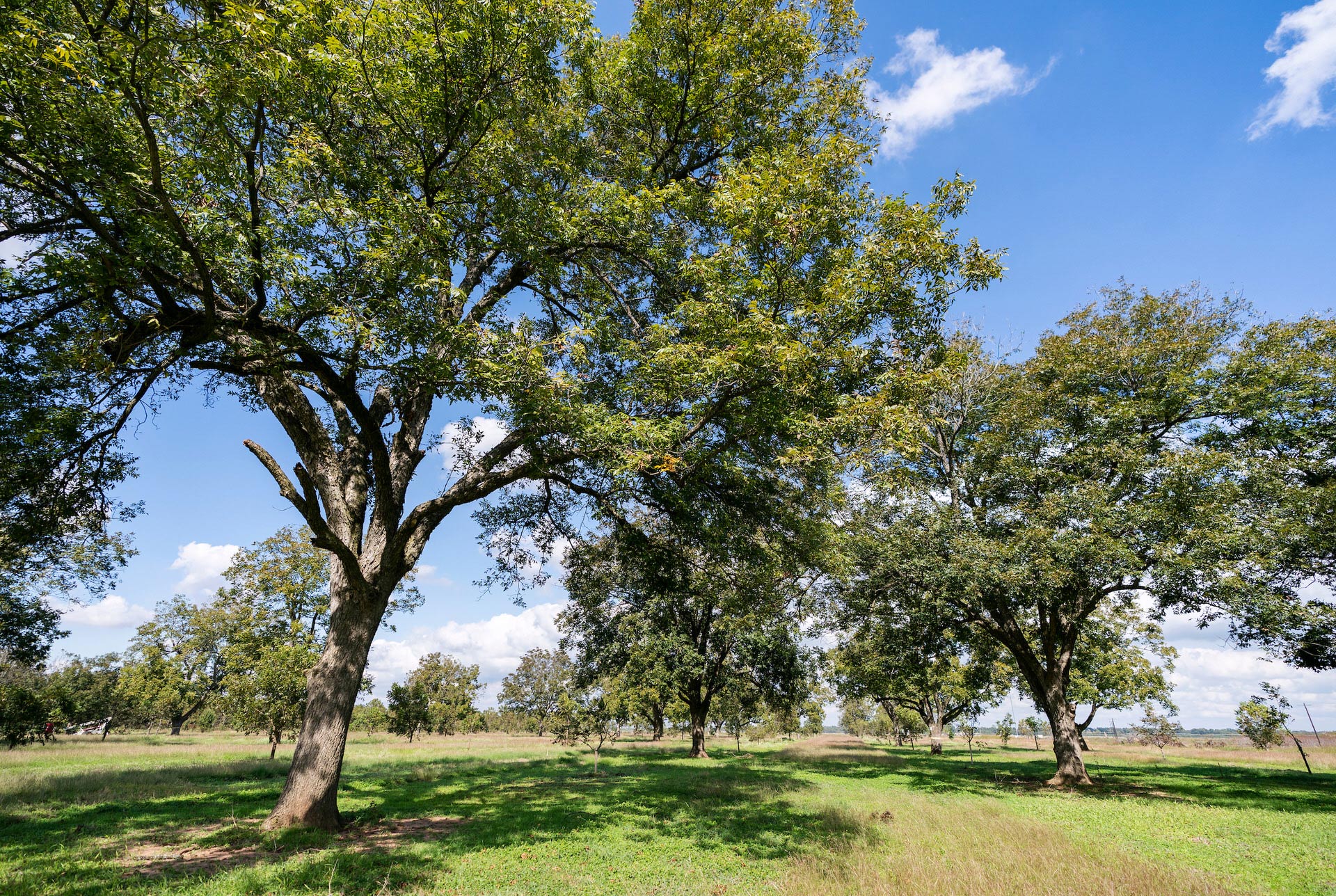
Department of
Horticultural Sciences
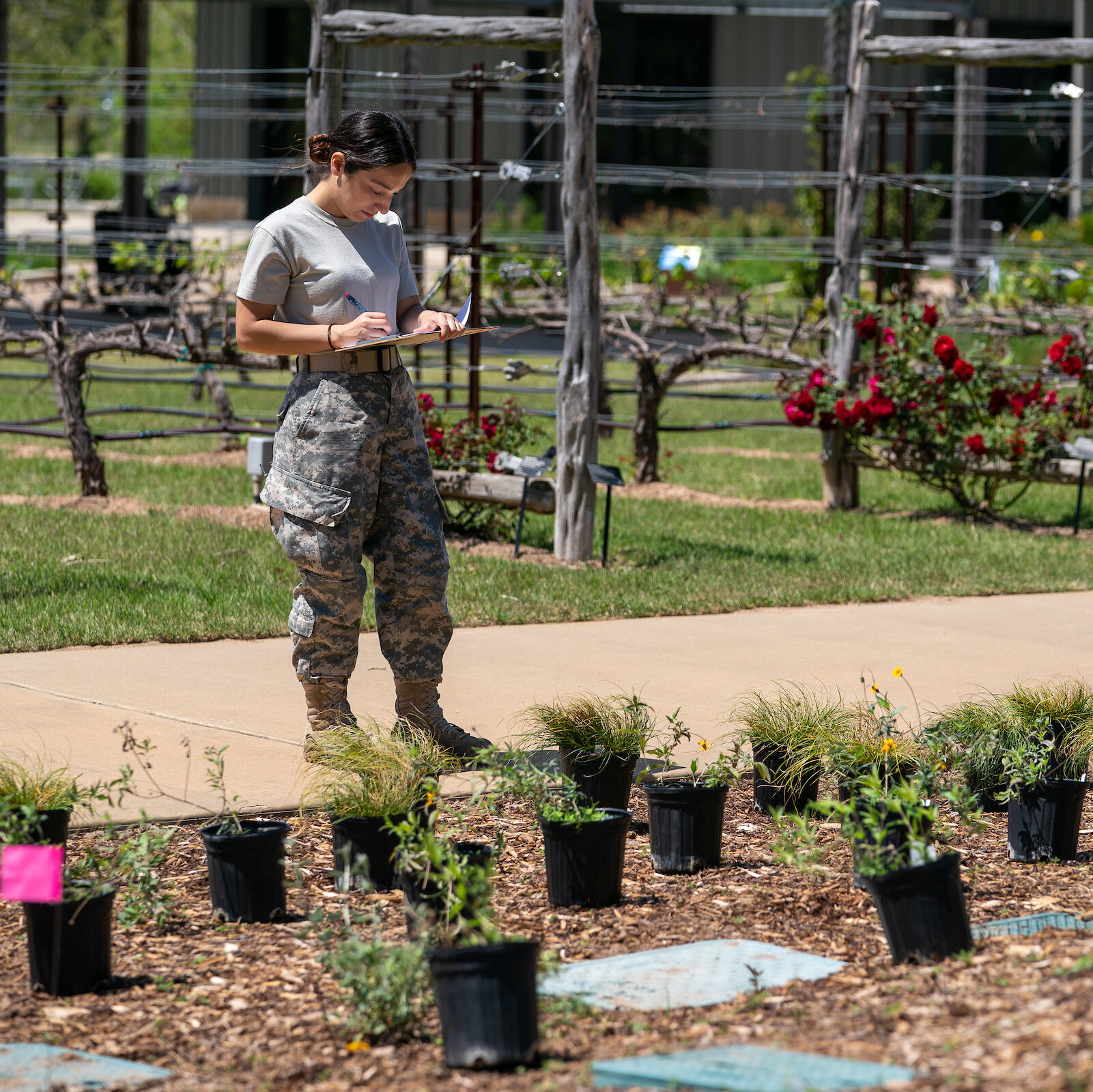
5 Degree Programs
Horticulture encompasses a unique blend of science, art, technology, design and business. The Texas A&M Department of Horticultural Sciences offers two undergraduate and three graduate degrees that prepare students for a myriad of diverse professional opportunities.
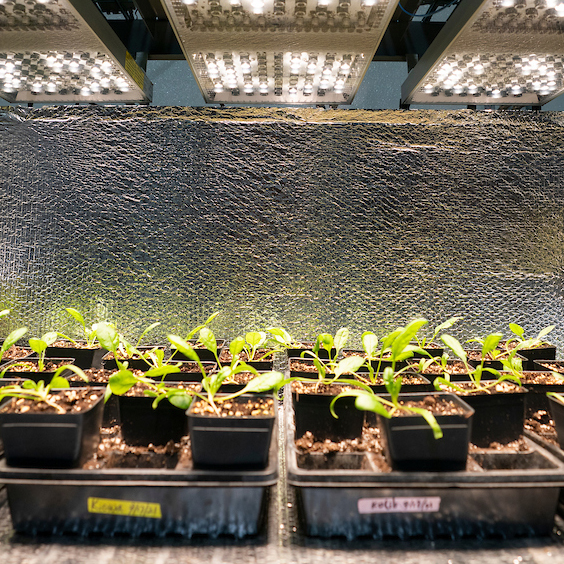
13 Areas of Research Focus
Research programs in horticultural sciences span twelve broad areas from molecular plant physiology to international floriculture marketing to address real-world challenges, contributing to the growth and sustainability of the horticultural sector in Texas and beyond.
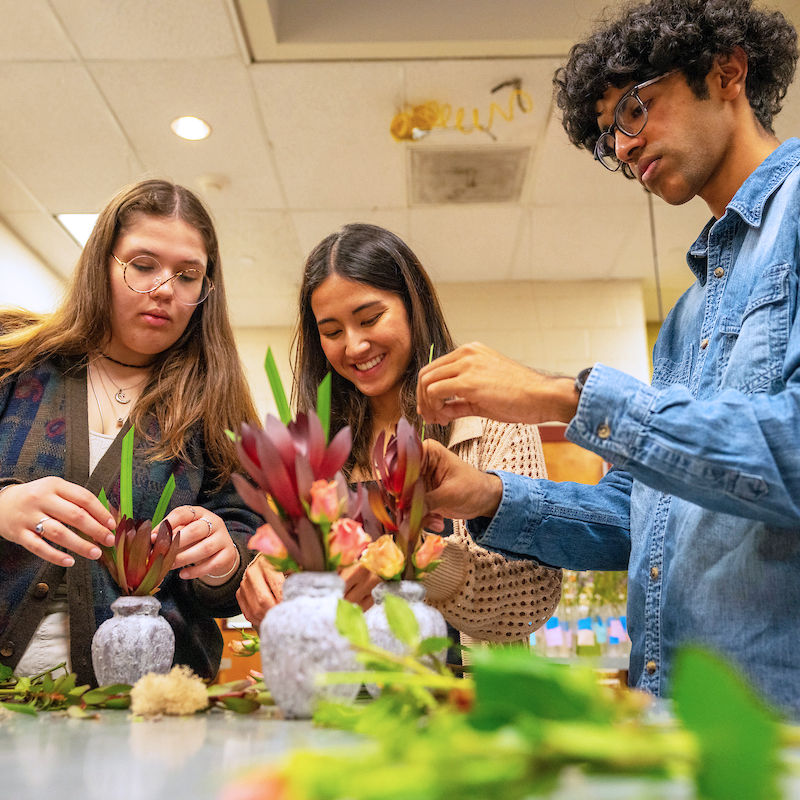
170+ Enrolled Students
Our mission is to prepare students for in-demand professions with a broad base of horticultural knowledge, to be able to deliver research-based knowledge about the ways horticulture improves our environment and serves as a source of personal enjoyment
Benz School of Floral Design
Embracing the intersection of art and horticulture, the Benz School of Floral Design is developing floral design enthusiasts across the state of Texas and beyond. The Benz School’s multifaceted outreach includes academic courses for Texas A&M University students, continuing education for professionals in the floral design industry, a certificate program at a satellite school in Korea and credentialing for a high school floral design curriculum.
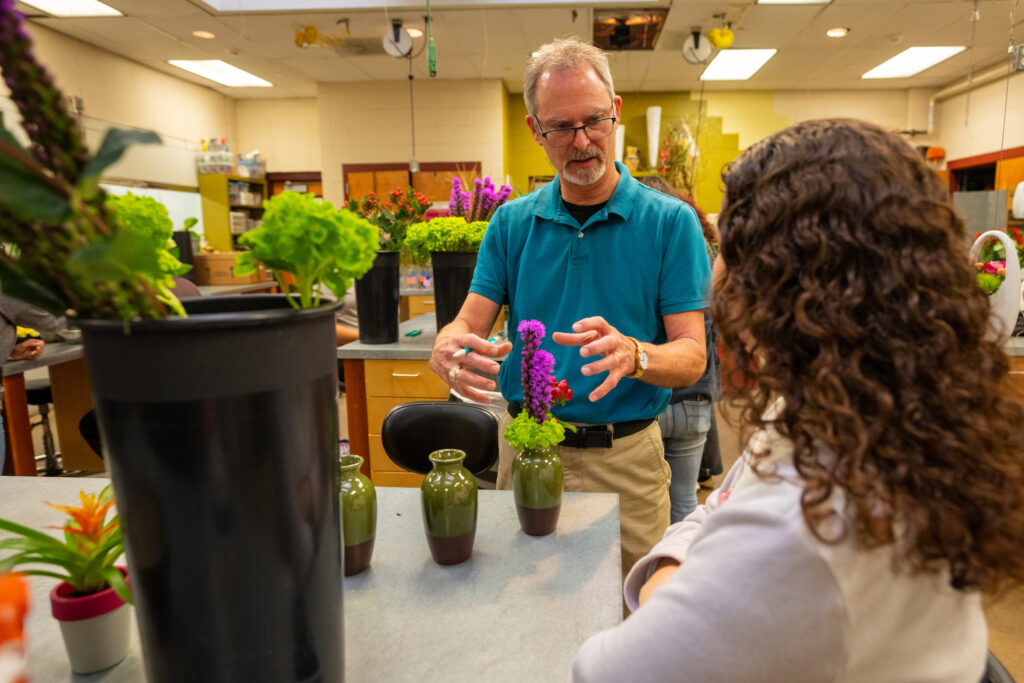
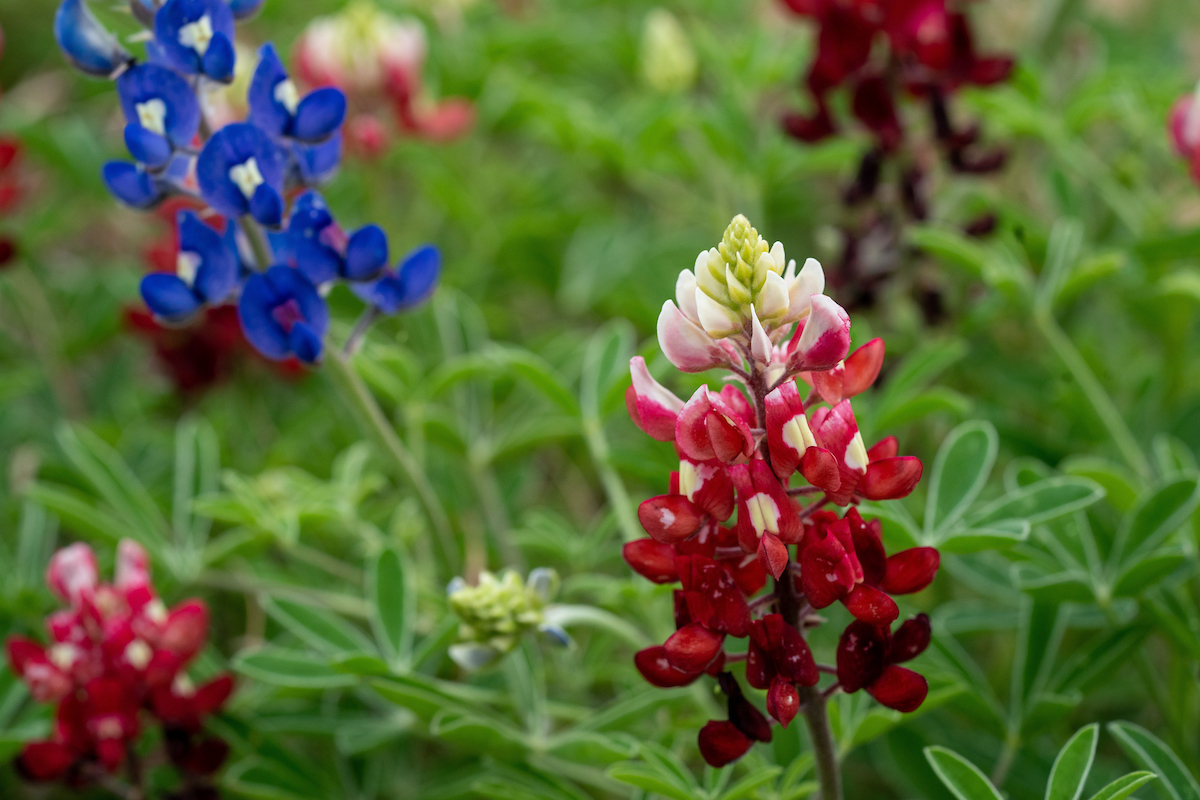
Aggie Horticulture
Since 1994, Aggie Horticulture has been your trusted source for digital resources based on years of testing and practice. Our teachers, scientists, and Extension specialists are proud to share our expertise to serve the students, producers, professionals and gardeners of Texas.
Texas Wine: Down to a science
Scientists and AgriLife Extension specialists in Horticultural Sciences are leading the Texas wine industry with “wine science” of viticulture and enology, fueling the Texas wine industry’s recent and rapid expansion.
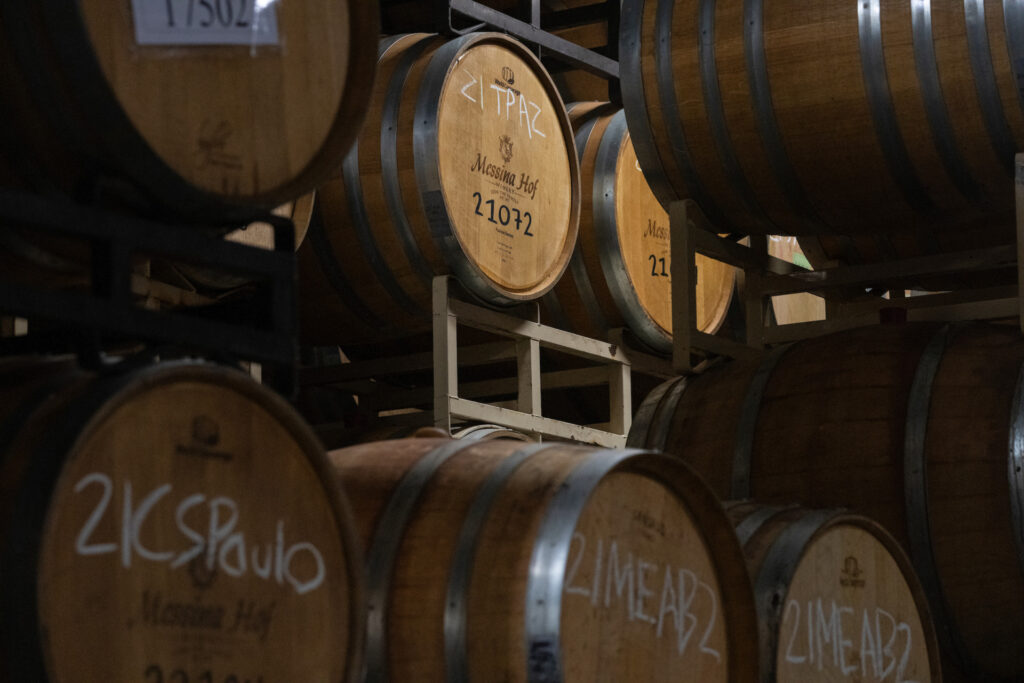
Horticultural Sciences News
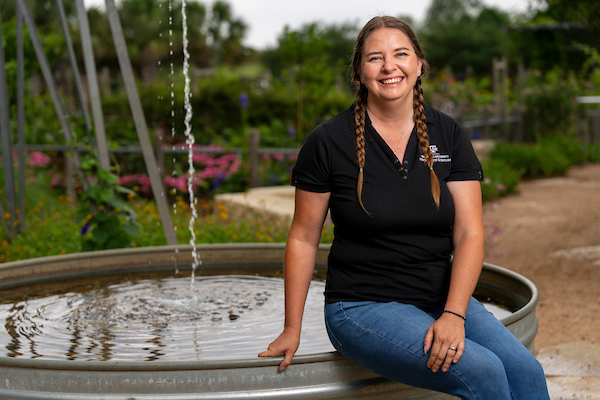
A life replanted
Mercedes Burks ’25 didn’t come to the Texas A&M College of Agriculture and Life Sciences straight from high school. She arrived with a full résumé, three children and more than a few hard-earned lessons. By the time she came to the Department of Horticultural Sciences, Burks had already worn many hats – restaurant worker, homeschool parent and caregiver. Her journey included deeply personal trials: navigating her son’s childhood cancer and grieving the loss of her daughter and her best friend.
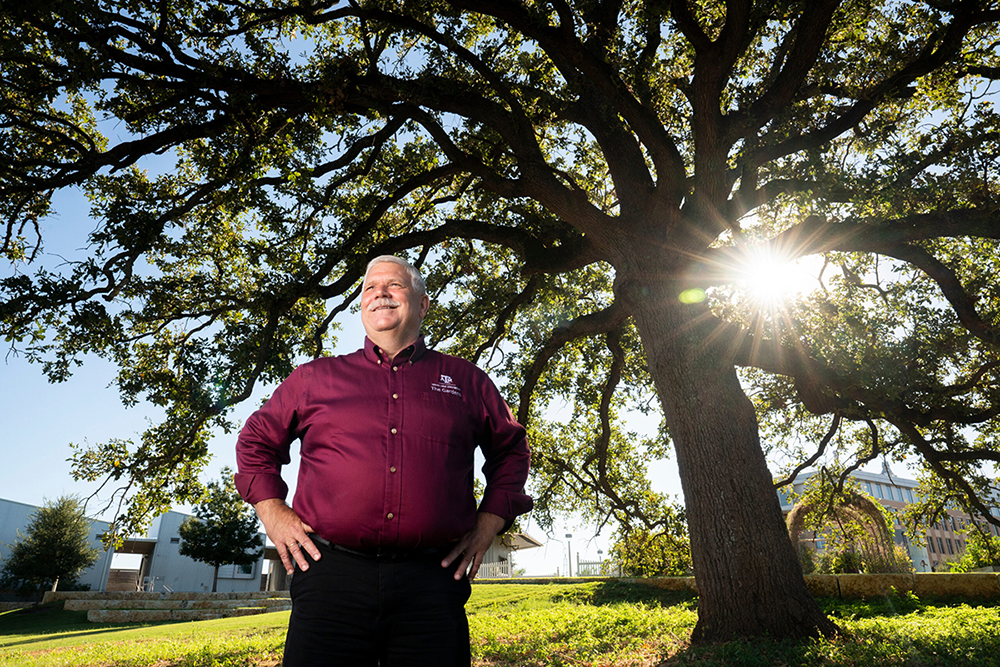
A life grown with purpose
A deep appreciation of the land shaped Michael Arnold’s life. From his childhood on a farm in Ohio to his distinguished achievements at Texas A&M University, he has nurtured not just plants but knowledge, innovation and a lasting impact on students and communities. With a background in horticultural sciences and business, Arnold, Ph.D., serves as a professor in the Department of Horticultural Sciences and the director of The Gardens at Texas A&M University.
Have Questions?
For degrees or admissions questions:
For general questions: